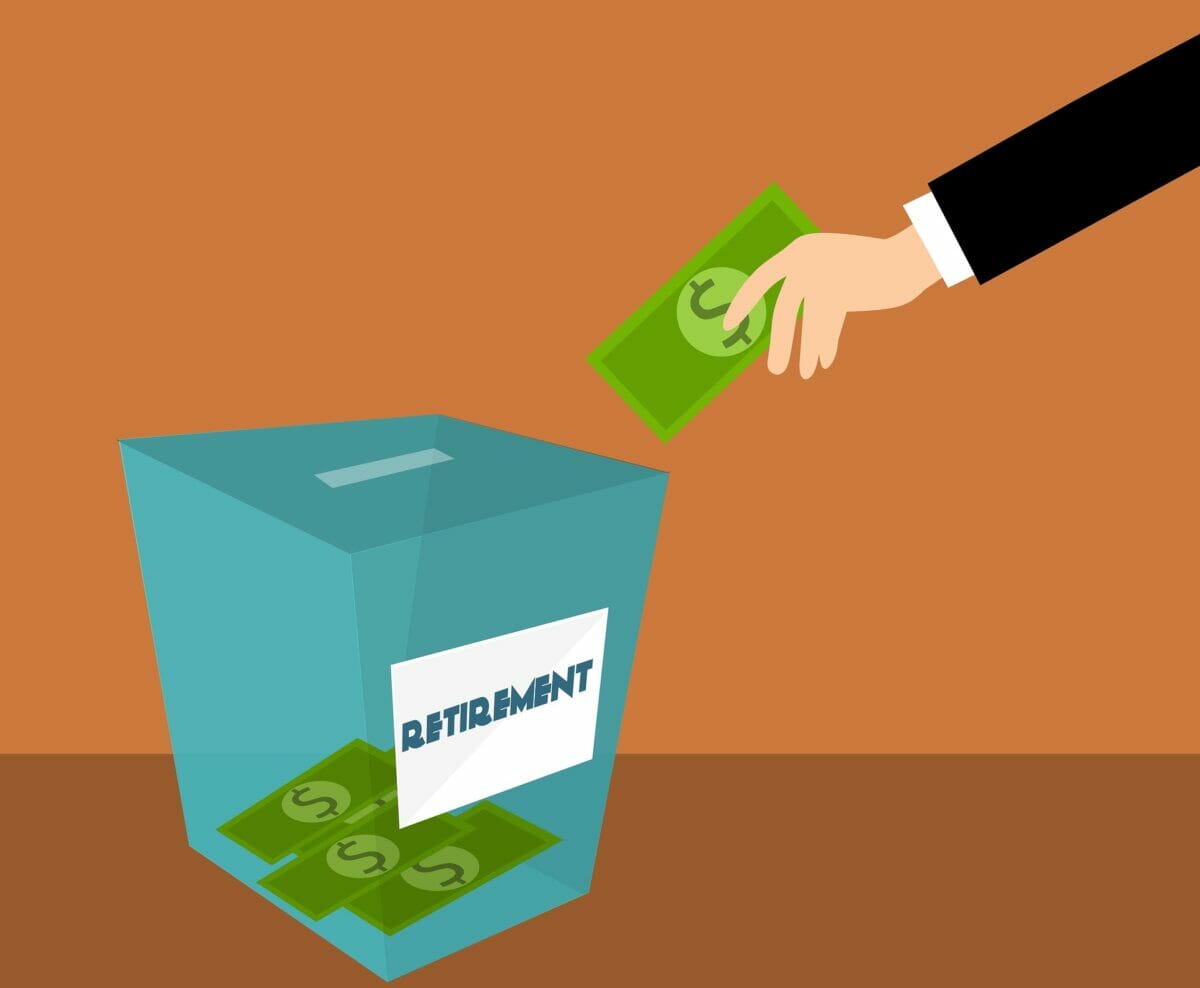The Chancellor’s Autumn Statement announcement of plans to make it easier for well-funded DB pension schemes to run on and build a surplus are a ‘huge leap forward’ according to LCP partner and former pensions minister Steve Webb.
Although the measure was not mentioned in the speech, the supporting documents say:
- consulting this winter on whether changes to rules around when DB scheme surpluses can be repaid, including new mechanisms to protect members, could incentivise investment by well-funded schemes in assets with higher returns
- reducing the authorised surplus payments charge from 35% to 25% from 6 April 2024
The Chancellor has announced plans to consult on the details of how more Defined Benefit pension schemes could invest for growth, building up a larger surplus, and sharing the fruits of this surplus with the employer who stands behind the scheme. As part of this announcement, the Treasury has indicated that the current 35% tax rate on extracted surplus funds will be reduced to 25%.
LCP has argued that more relaxed rules on surplus extraction need to be accompanied by greater member security. This would be by means of 100% cover from the Pensions Protection Fund, financed by a ‘super levy’ on the employers who opted in to this new regime. The idea of a 100% PPF underpin is expected to be included in the forthcoming consultation document.
With trustees assured that member benefits are fully protected, well funded schemes would be able to take on an appropriately increased level of investment risk, generating larger surpluses which could benefit existing DB members (through discretionary increases), the DC generation (through use of surplus funds) and the sponsoring employer. In addition, freeing up funds for employers and investing for growth would be of benefit to the wider UK economy, including helping to fund goals such as the transition to Net Zero.
Commenting, LCP partner Steve Webb said:
“Today’s announcement represents a huge leap forward in plans to allow well-funded DB schemes to invest for growth. Provided that member benefits are protected, schemes would be able to build up surplus funds, benefiting existing members, the next generation of pension savers and the sponsoring employer. Rather than risk ‘wasting’ the potential of over £1 trillion of assets which have been painstakingly built up over decades, this new regime would be a win for members and sponsors alike. And the announcement of a lower rate of tax on extracted surpluses is a clear sign that the Treasury is serious about these plans. We look forward to seeing the consultation on the details of how this new regime will work and encourage all well-funded schemes to include the option of running on when deciding on their end game strategy”
** ENDS **

















